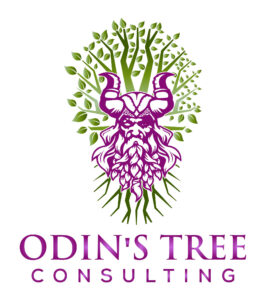In today’s highly competitive business landscape, companies understand that their most valuable asset is their people. Building a talented and motivated workforce is essential for sustainable growth and success. However, the cost of an ineffective talent acquisition department can be significant, not only in terms of financial resources but also in the negative impact it can have on employee morale and engagement. In this article, we will delve into the various costs associated with an ineffective talent acquisition department and explore the potential negative effects on employee morale.
- Financial Costs:
When talent acquisition fails to attract and retain high-quality candidates, a company may face substantial financial consequences. These costs can include:
- a) Recruitment expenses: Ineffective talent acquisition processes often lead to excessive spending on job advertisements, recruitment agencies, and other external resources. The longer it takes to fill a position, the more money is wasted on these resources.
- b) Training costs: If the wrong person is hired due to ineffective talent acquisition, additional expenses may arise from the need to provide extensive training or retraining for the employee. This not only drains financial resources but also diverts valuable time and energy from other areas of the business.
- c) Increased turnover: Poor talent acquisition practices can result in high employee turnover rates. The cost of turnover includes separation costs, such as severance packages, as well as the expenses associated with finding, hiring, and onboarding new employees. Additionally, turnover can disrupt productivity and team dynamics, further impacting the bottom line.
- Damage to Employer Brand:
An ineffective talent acquisition department can harm a company’s employer brand, which refers to its reputation as an employer in the eyes of both current and potential employees. Negative experiences during the recruitment process can spread quickly through word of mouth and online platforms, leading to a damaged reputation. This can make it challenging to attract top talent in the future and may deter qualified candidates from applying to open positions. A weakened employer brand can also impact customer perception and stakeholder confidence, further impacting a company’s success.
- Decreased Employee Morale:
When talent acquisition fails to bring in the right people, it can have a direct impact on existing employees’ morale and engagement. Here’s how:
- a) Increased workload: When positions remain unfilled or are filled by underqualified candidates, existing employees may have to take on additional responsibilities. This often leads to increased workloads, stress, and potential burnout. Over time, this can erode job satisfaction and make employees feel undervalued.
- b) Lack of growth opportunities: Ineffective talent acquisition can result in a lack of internal promotions and career development opportunities. When employees see others being hired from outside the organization for positions they feel qualified for, it can create a sense of frustration and demotivation.
- c) Cultural fit challenges: If talent acquisition fails to prioritize cultural fit, it can lead to a mismatch between new hires and the company’s values, mission, and overall culture. This misalignment can disrupt team dynamics, erode trust, and decrease overall morale.
The cost of an ineffective talent acquisition department extends beyond financial implications. It can damage a company’s employer brand, hinder its ability to attract top talent, and most importantly, negatively impact employee morale and engagement. To mitigate these costs, organizations must invest in effective talent acquisition strategies, such as optimizing recruitment processes, implementing robust screening methods, and prioritizing cultural fit. By doing so, companies can attract and retain high-quality candidates, foster a positive work environment, and fuel long-term success.




